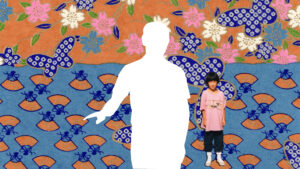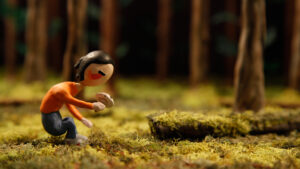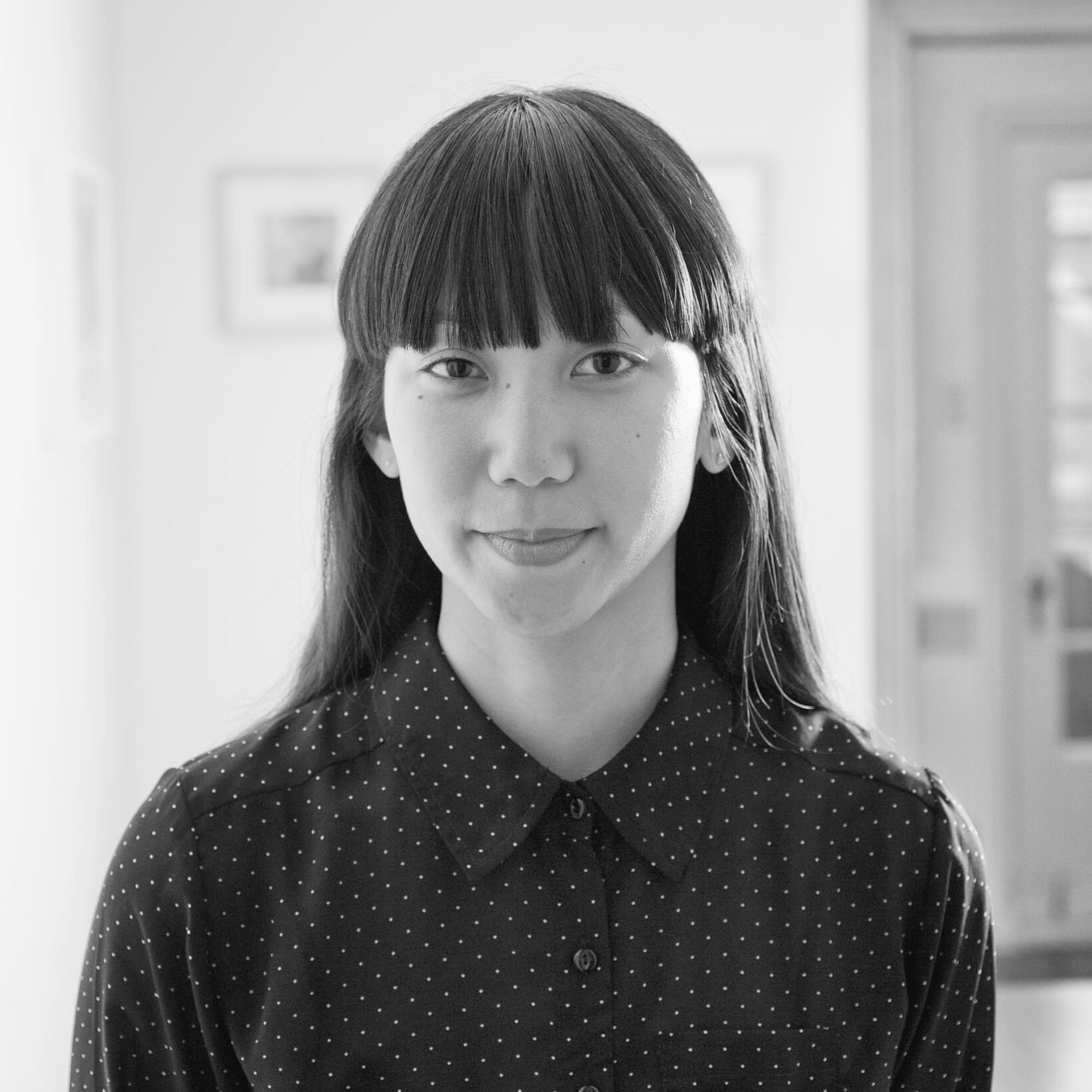05 Jul Anne Koizumi
Posted at 14:24h
Members
by mainfilm
July’s #MainArtist, Anne Koizumi shares with us a retrospective on her childhood and grief, which over the years have become a source of creative inspiration, notably for her film In the Shadow of the Pines.
Anne Koizumi is an independent filmmaker and media arts educator. She completed her undergraduate studies in Film Production at the University of British Columbia and her MFA in film production at York University in 2011. In 2006, she was invited by the National Film Board of Canada to participate in Hothouse 3, an animation intensive for emerging animators, where she completed her first professional film A Prairie Story. Her films have screened nationally and internationally at Hot Docs, Ottawa International Animation Festival, Annecy, SFFIM, Slamdance, London International Animation Festival among others. Her most recent film, In the Shadow of the Pines, won best short animation at SFFILM, best narrative short and best Canadian short at the 2020 Ottawa International Animation Festival. She has taught animation workshops at the NFB, TIFF Bell Lightbox, hospitals and community centres throughout Toronto, and at Quickdraw Animation Society in Calgary, Alberta.
- In the Shadows of the Pines, short documentary (8 min)
- A Prairie Story, short animation (1 min), 2006
#MAINARTIST
Our organization is an artist-run center committed to supporting its community as a whole, without distinction.
Beyond the simple declarations of solidarity against racism following the events of the summer of 2020, but also against more recent racist acts and those that persist historically, it seemed essential to us to offer a place to our members so that they can express their feelings in the face of the discrimination they experience and which could be based on the color of their skin, their origins, their sexual orientation, their gender or a handicap.
We invite them to share their thoughts on this societal drama that constitutes all forms of rejection of the other.
Main Film is an artist-run center committed to supporting its community as a whole, without distinction, in the creation of independent film.
Our eighteenth contributing artist is Anne Kuzomi.
#MainArtist #ArtisteImportant
Because it is artists who carry both the role of representing society and making it evolve.
❝ As a child, I wanted to belong.
I didn’t want people to think I was different, and I really didn’t want my friends to know the school janitor was my dad!
When I was in grade two, a classmate got sick and my father was called over the intercom to clean up the mess. When he came into the room, I pretended to look for a pencil on the ground so the other kids wouldn’t find out he was my dad.
I was so ashamed of my Dad’s broken English, his rough exterior, his “Japaneseness.” I wanted him to be a dad who wore a suit, carried a briefcase and drove to a downtown office job.
But back then, it was so difficult to understand and process my feelings.

Exploring my childhood shame by making a film
As an adult, I came to understand the complexity of a parent’s experiences. Now, I know that choices are not made based on whether your child is going to feel shame. They are made because they are necessary.
I didn’t really dig deep into these feelings of shame until my father passed away in 2012.
Once he was gone, I longed to make connections with him that I wasn’t able to when he was alive. How do I tell him I’m sorry? Or that now, I can now see everything he did for us?
Making my short documentary In the Shadow of the Pines was a way of trying to connect with my father, even after his death.
I’d considered making my personal narratives the subject of my work before, but I was afraid to pursue and uncover the stories that — for many years — I’d tried to hide.
There were many difficult things about making this film. I was dealing with so much grief and loss. I had to confront my own shame and guilt. I cried so much making this film; I would be making a set or a prop and I would just start crying.
It’s never easy to force yourself to face difficult emotions and memories. It takes time. In my case, it took over three years.

Telling my truth
It’s a strange feeling to share a story with the world that I’ve been trying to hide for so long.
My parents gave me a Japanese middle name, Mayuko, when I was born. It’s my legal middle name. The characters that they chose were 真由子.
The first character means ‘truth’, the second character comes from the word ‘freedom’ (自由)and the last character means child. My mother told me she chose the characters from the expression: the truth will set you free.
For me, making this film was about revealing my own truth about the shame I felt as a child. That act has allowed me to reclaim my father’s story, and my own story. And without sounding overly cliché, there is so much freedom in that.





